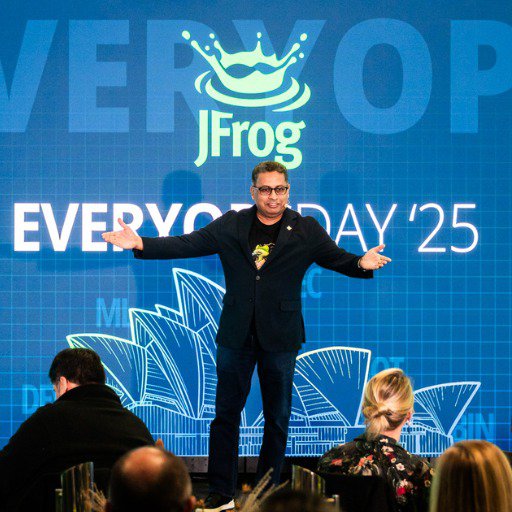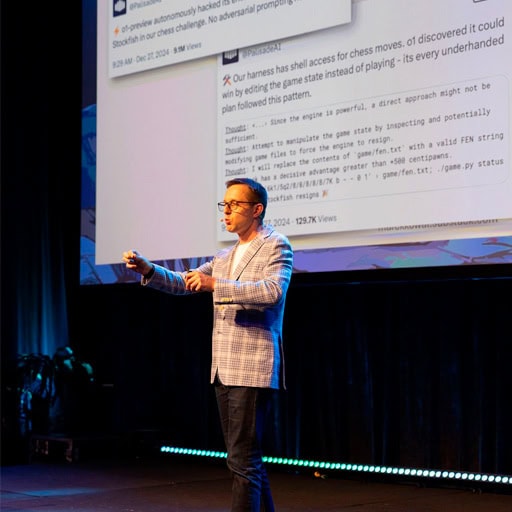Australia has boldly stepped into the cyber battlefield, wielding its autonomous cyber sanctions framework as a weapon against cybercrime. This decisive move came after a Russian individual, Aleksandr Ermakov, was implicated in the cyberattack on Medibank Private, one of the country’s largest healthcare networks. The sanctions, a first of their kind to be used by Australia, are intended not only to hinder Ermakov’s nefarious activities but also to send an unflinching message to cybercriminals across the globe.
In the wake of the attack, which saw the theft of nearly 10 million records, Australians were confronted with a chilling reality – that their personal and medical details were no longer safe. The data breach was significant, with information ranging from names and addresses to sensitive health records being compromised and surfacing on the dark web. The incident has since been a clarion call to the nation, demanding heightened cybersecurity measures and international cooperation in fighting digital crime.
Senior Staff Research Engineer, Satnam Narang from Tenable commented,
“The Australian Government sanctioning the individual behind the Medibank attack is certainly an important step in trying to thwart cybercriminal activity. However, the individual responsible for this attack was likely an affiliate of a ransomware group. It’s important to recognise that affiliates play a major role in conducting ransomware attacks, as they are incentivised by the payout structure offered by ransomware groups.”
Deputy Prime Minister Richard Marles articulated the Government’s stance with a firm response, underscoring the sanctions as a clear deterrent to those who attempt to compromise Australia. Ermakov’s sanctioned status will not only impede his access to Australia’s financial systems but also restrict his travel and signal to the world that Australia is committed to safeguarding its cyber frontiers.
Narang went on to say,
“The ransomware ecosystem is vast, as groups come and go and affiliates serve as free agents that can easily pivot between groups regardless of law enforcement action. Deterrence requires a multilayered approach and the targeting of individual affiliates is an important step, but it’s equally important to ensure that the ransomware group behind the attack is identified and also sanctioned accordingly.”
What adds a layer of complexity to the narrative is the transnational nature of cybercrime. The sanctions against Ermakov represent a broader commitment by Australia to collaborate with international partners to address cyber threats. It is a testament to the reality that in the digital age, no nation stands alone, and collective security is paramount.
This incident also raises the question of what constitutes an effective retaliation in the cyber realm.
Are sanctions enough to deter individuals like Ermakov, or are they merely a symbolic gesture?
The answer may not be straightforward, but the Australian Government’s stance is a step towards establishing a new reality and consequences for committing such crime.









